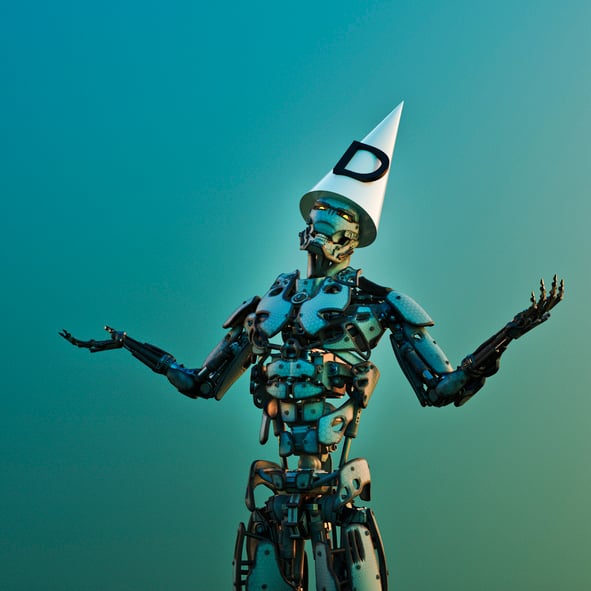As the realm of artificial intelligence continues to envelop the technology sector, discussions surrounding its impact on workers and the economy are intensifying. Major tech entities such as Google and Microsoft, known for their substantial investments in AI technology, are collaborating to investigate the potential implications of artificial intelligence on tech-related employment.
This consortium, spearheaded by telecommunications giant Cisco, comprises prominent names like IBM, Intel, SAP, and Accenture in addition to advisory roles held by labor unions such as the AFL-CIO and CWA.
The proliferation of generative AI applications like chatbots and image generators has significantly disrupted the tech landscape. Companies are increasingly embracing AI solutions, with executives touting these advancements as revolutionary innovations set to drive substantial profits. Concerns regarding AI’s displacement of human jobs have escalated, prompting legislative discussions on regulating this technology.
Professionals in writing domains have already witnessed job losses to AI-driven tools used for tasks like advertising and social media content creation. Notably, Hollywood writers secured safeguards against mandatory engagement with AI-generated content in their recent union agreement. Concurrently, many software developers leverage AI for code generation to enhance productivity. A Pew Research Center study in 2023 revealed that approximately 20% of American workers, including tax preparers, copywriters, and web developers, face significant exposure to AI integration in their roles.
Nevertheless, the precise impact of the AI revolution on employment remains ambiguous. The objectives of the newly formed group remain unspecified.
Cisco’s statement regarding the consortium emphasizes the production of a report offering actionable insights for both industry leaders and employees. The study aims to analyze the potential transformations AI could bring to 56 specific technology-related occupations, although the specific job titles are yet to be disclosed. Requests for further details from Cisco, Google, Microsoft, CWA, and AFL-CIO representatives have not yielded responses.
It is commonplace for corporations to establish task forces or publish reports addressing industry challenges to influence ongoing debates in their favor. Tech enterprises have been prominent lobbyists, especially as legislative focus shifts towards regulating AI following earlier scrutiny on social media governance.
Tech leaders frequently advocate for reskilling or upskilling initiatives to equip workers with new proficiencies amidst evolving economic landscapes. However, these same companies have executed substantial layoffs in the past.
Despite concerns about potential job displacements, many AI executives dismiss these apprehensions. They argue that while AI may supplant certain roles, its primary function is to enhance workforce efficiency by automating mundane tasks such as document analysis or database management. Google and Microsoft are actively integrating AI capabilities into their software suites like Google Docs and Microsoft Outlook, promoting features that automate email composition and meeting summary generation.










